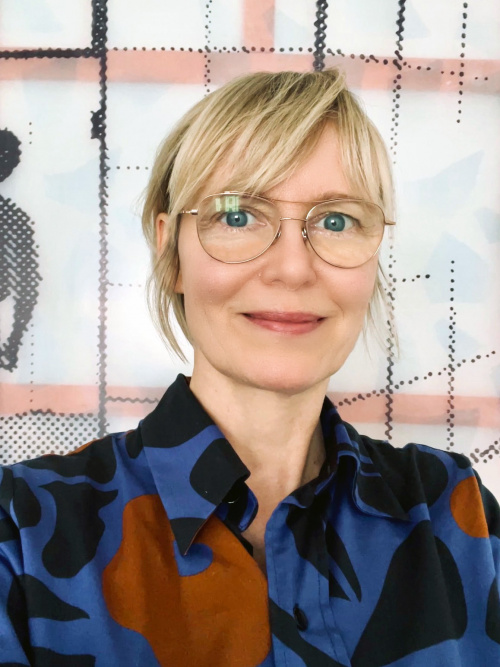Bianka Hofmann is an award-winning producer and developer of content and formats for science and technology communication. She initiates, produces, and directs intersectional projects leveraging deep scientific knowledge within programs, productions, services, and workshops across science, integrating art.
She challenges participants of diverse backgrounds to develop self-efficacy when dealing with science and tech, aiming for a more diverse and inclusive research and development landscape. Specialized in the transdisciplinary transfer of knowledge through interactive experiences, she has delivered interactive exhibits, immersive experiences encompassing 2D-large-scale and 3D short films. She developed and leads an international artist residency program at a research institution, including participatory STEAM courses, to stimulate critical dialog about and widen the ownership of new technologies.
The interactive exhibits, immersive digital experiences, short films, workshops, and artist-residency program have been presented at many venues, amongst others at Ars Electronica Center and Festival (AT), Fulldome Festival Jena (DE), German Museum of Technology (DE), Media Art Nexus NTU (SG), Sparks! at CERN (CH), Raw Science Film Festival (US), UCLA Art Sci Center (US).
She has published scientifically in behavioral biology, visualization, art, tech, and science, is trained as a cognitive behavioral coach, has also run her own companies, and works presently as a consultant, and as Head of Science Communication at Fraunhofer MEVIS.
She studied Biology and Comparative Religion at the University of Bremen, writing her interdisciplinary Diploma thesis on ritualization. These studies led to a Ph.D. admission based on a ”Degree Equivalent to a Mathematical-Scientific Study” and a “Diploma in Comparative Religion.” They included aspects of Behavioral Biology, Bioacoustics, Cognitive Science, Neurobiology, Marine Biology, Theory of Religion and Culture, and Theory of Science. She focused on communication in highly evolved mammals, interspecies communication, neurobiology of teaching and learning, and the evolution of symbol building, conducting several field studies on Pilot Whales that contributed to the “Code of Conduct” near the Canary Islands, where she was involved in environmental protection activities.
